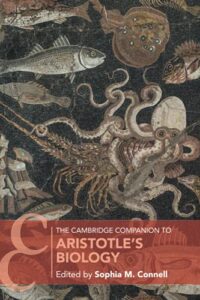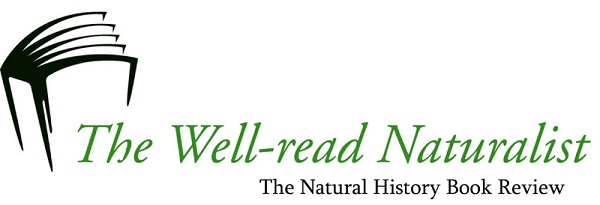 One of the many challenges facing those taking up Aristotle’s zoological writings, or more generally even such works as his “Physics,” is that of understanding the very different scope of his explorations and explanations from what such would be were they to have been undertaken by a modern writer. Indeed, even the very word “physics” (from the Greek φύσις) itself had a very different meaning to Aristotle and his contemporaries than how we use the word today; to them it encompassed what we would today describe as natural philosophy. Add to this the inseparability of his biology from his theology, and the challenge only becomes greater.
One of the many challenges facing those taking up Aristotle’s zoological writings, or more generally even such works as his “Physics,” is that of understanding the very different scope of his explorations and explanations from what such would be were they to have been undertaken by a modern writer. Indeed, even the very word “physics” (from the Greek φύσις) itself had a very different meaning to Aristotle and his contemporaries than how we use the word today; to them it encompassed what we would today describe as natural philosophy. Add to this the inseparability of his biology from his theology, and the challenge only becomes greater.
Last year, I began a plan to complete a reading of all Aristotle’s extant zoological works, as well as a number of his other often better known writings (Physics, Nicomachean Ethics, Politics, etc.). And while the goal of this plan was completed this past January, I still found myself – despite consulting a number of commentaries on the works – not feeling that I properly understood what I had just spent the previous year reading. Therefore when news of the publication of The Cambridge Companion to Aristotle’s Biology reached me, I knew that this was a book that I simply must read in pursuit of the understanding I sought.
Edited by Prof. Sophia M. Connell, and containing essays by more than a dozen of the most authoritative scholars presently working on topics pertaining to Aristotle’s biological writings, this new book is precisely what is needed by all who are seeking to understand these foundationally important but often confusing and easily misunderstood ancient works. Having immediately begun a reading of it shortly after its arrival upon my desk, I have already unlocked many doors that were blocking my own understanding of a number of important ideas and explanations I read in the works over this past year, and I am very much looking forward to the remaining essays I’ve yet to read providing me with keys to unlock many more.
